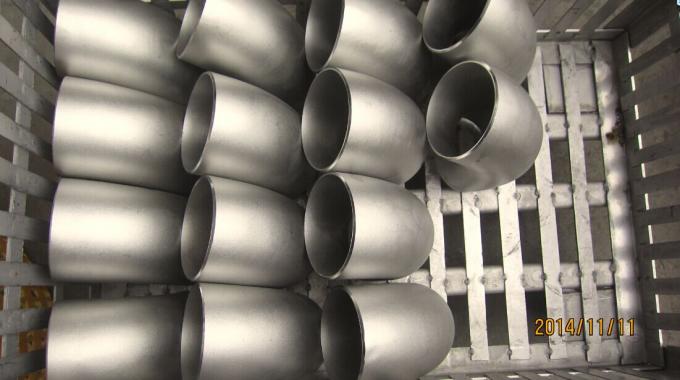Inconel 625 Technical Data
Thermal Properties
The materials may be used in gasoline turbine engines, rocket engines, warmth treating fixtures, heat exchangers, strain vessels and airframes. The structural purposes use the material because of the excessive tensile strength and the influence SA240 316 Stainless steel plate energy exhibited by the Inconel X750. The Inconel x750 astm standard governs the thicknesses, diameters and different dimensions of the alloy to make the measurements universal and to govern the mechanical properties and high quality of the merchandise.
Alloy X750 is a chromium nickel superalloy belonging to the household of Inconel alloys. Inconel alloys are made through stable answer strengthening processes and they’re harder, stronger and corrosion resistant to most dry gases and acids under room temperature. The Inconel X750 UNS N07750 alloy has good creep resistance and rupture energy due to the addition of titanium and aluminum within the composition. The chemical composition consists of carbon, manganese, silicon, sulfur, chromium, cobolt, titanium, iron, copper, tantalum and niobium. The combination of these components brings the nickel alloy the extra mechanical properties.
This research proposes a novel experimental technique by which anisotropic mechanical properties of additively manufactured supplies may be assessed. The procedure is based on tensile testing of flat specimens, manufactured by laser powder mattress fusion (LPBF) at totally different orientations relative to the construct plate. Three identical specimen sets had been built, each of which acquired complementary postprocessing remedies. The tensile checks had been carried out on specimens with as-built surface end.
- The alloy is designated by DIN 2.4669 and is produced in numerous shapes and sizes.
- Inconel alloys are made through strong solution strengthening processes and they’re harder, stronger and corrosion proof against most dry gases and acids underneath room temperature.
- The chemical composition consists of carbon, manganese, silicon, sulfur, chromium, cobolt, titanium, iron, copper, tantalum and niobium.
- Alloy X750 is a chromium nickel superalloy belonging to the household of Inconel alloys.
- The Inconel X750 UNS N07750 alloy has good creep resistance and rupture strength because of the addition of titanium and aluminum within the composition.
The Inconel x750 chemical composition allows the material to have a very excessive melting range from 1393 levels to 1427 levels Celsius. This implies that the alloy could carry out as much as these temperatures without corrosion.
The alloy is designated by DIN 2.4669 and is produced in numerous shapes and sizes. It might be used in cryogenic functions in addition to high temperature purposes. The Inconel x750 spring is used in rocket motors and nuclear reactors to help heavy weight functions because of the high power of the alloy.
The oxidation resistant is superior due to the formation of patina like oxide layer on the outer surface. The Inconel X750 suppliers promote this material in custom shapes and forms as properly depending on customer demand. In this work, it was shown that the as-welded clad does not exhibit the X-ray diffraction sample within the Bragg-Brentano focusing geometry.

The post machining heat remedy at 1000 ºC eliminates the clad’s residual macro and micro stresses, increasing the diffraction line depth and narrowing its width. However, this excessive temperature warmth remedy doesn’t promote significant alterations within the microstructure of either the machined floor layer or the inner area. This reality was confirmed by Vickers hardness exams on as-welded and annealed (after machining) clads, whose hardness values and curves were related and exhibited comparable shapes (Figure 6). Improving the success rate in additive manufacturing and designing highly optimized constructions require proper understanding of fabric behaviour.
